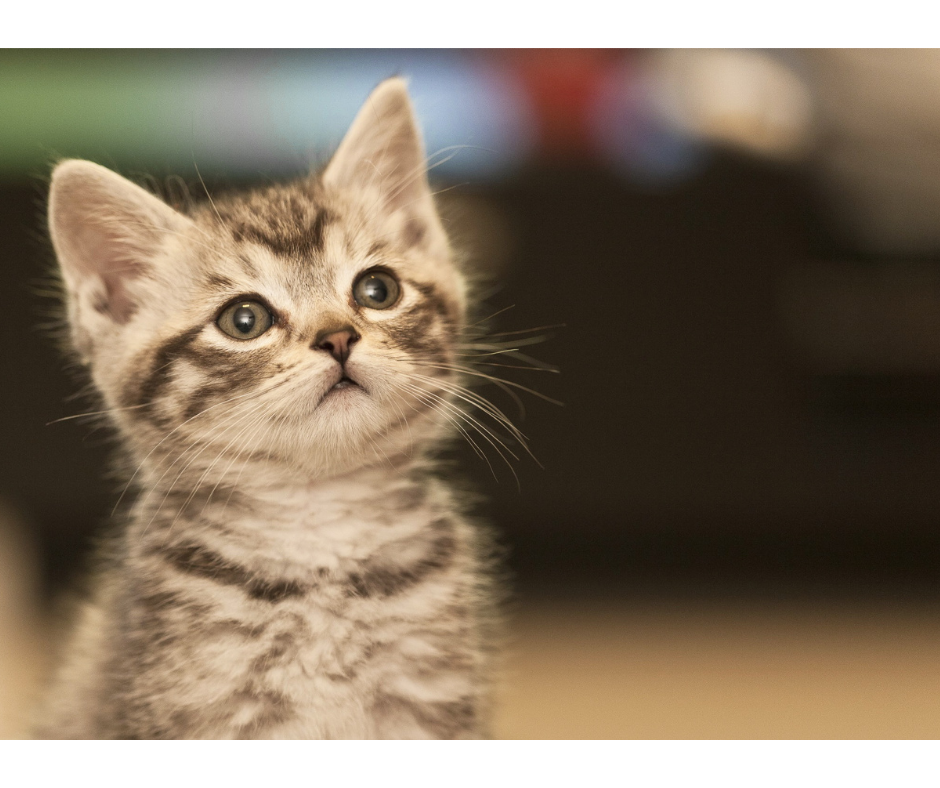
How To Socialize Your Kitten
Share
What is socialization?
Socialization is the process of learning to communicate with and relate to humans, members of the same species, and other animals.
Why is it important?
Kittens are less likely to be fearful in unfamiliar situations and changes in their environment. Through socialization your kitten is more likely to grow into a more confident adult cat. More likely to grow to be a more confident adult cat and the best time to teach them is in kitten-hood.
Your kitten will be extremely curious, confused and excited all at once. It may be tempting to let them roam the house. They will have a better time adjusting to the new environment, people and animals if you limit access. Providing a small area for your kitten to explore first will help them become more comfortable and confident in their new space. A small play pin or crate is useful, bathroom or bedroom is a good start. Start small and let them get used to it. Gradually let them explore other areas in your house. You want them to be comfortable in the small space first. Everything is going to be new, exciting, and fun for your new kitten to explore. The whole house is a toy! Safety proof the space you will keep your kitten in.
Make sure all windows and doors are closed. Put away any toxic materials such as sprays and cleaning supplies. There should be no small items that can be choking hazards around. Invest in cord covers and keep your toilet seats closed. Also block of any tight spaces your kitten can crawl into and get stuck.
The basics of socialization is playing, handling and exposure. Getting your kitten exposed to new noises, things and people.
Playing creates a bond between you and your kitten. Playtime helps them develop mentally and physically. Kittens have lots of energy and playtime allows an outlet. It prevents them from getting frustrated and acting out in other ways such as biting and climbing. They can be little energizer bunnies, full of uncontrollable energy. Playing teaches bonding, fights through boredom, stress, and is an outlet for their natural instinctual behaviors. Mimic the movement of prey using interactive toys, and schedule a session of playtime close to your bedtime. Try to get them in a natural rhythm of playing before you go to bed.
Never use your hands to directly play with your kitten. Kittens grow up and play biting can become more extreme. Play sessions should always be fun and exiting. Never yell, hit, or punish a kitten for bad play behavior. Always reward good play behavior.
Introducing your kitten to others.
When holding a kitten and introducing to other humans their entire body should be supported. Support the chest, torso, abdomen and hind end. Always hold your kitten’s body belly down and if your kitten is struggling, gently place him/her on the ground.
Monitor all interactions with new people, ensure kitten is being pet gently, and use fun toys for interactions.
Create a slow introduction when introducing your kitten to other animals in the home. Use caution to avoid altercations or any negative experiences.
Enjoy!!

